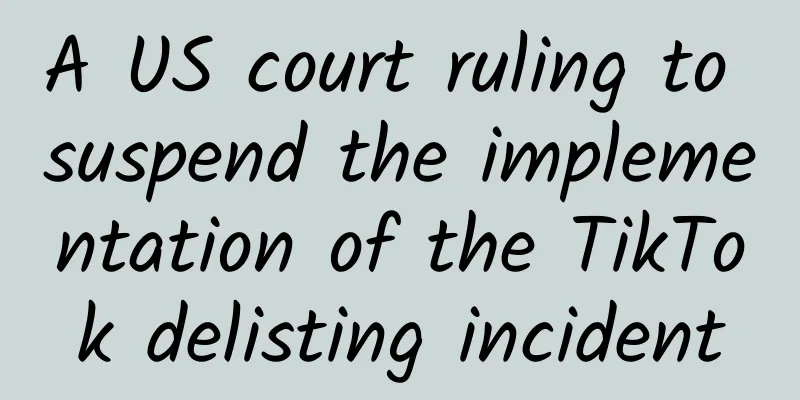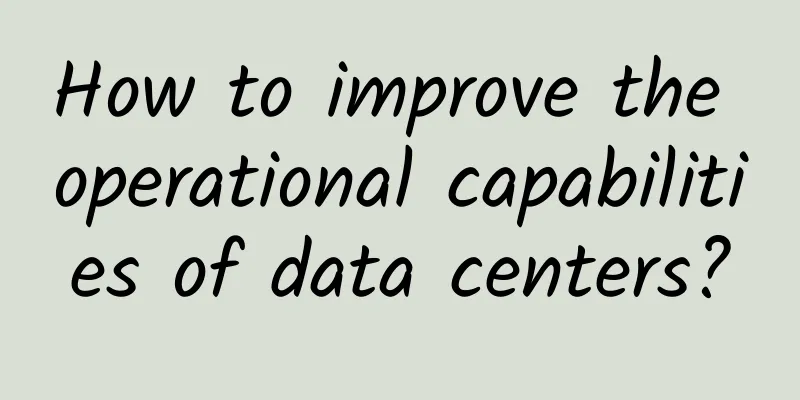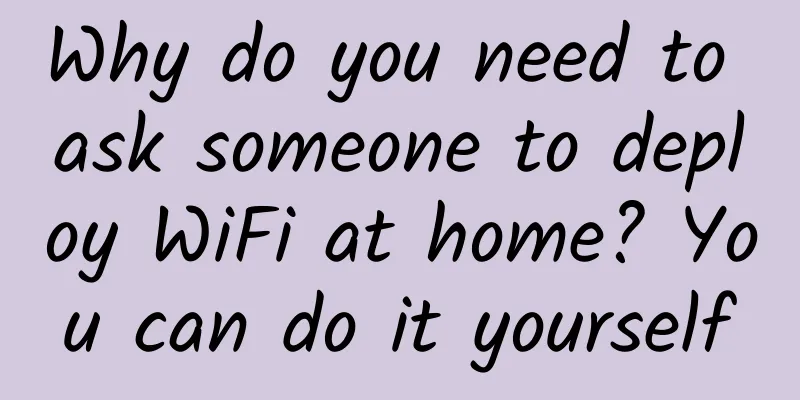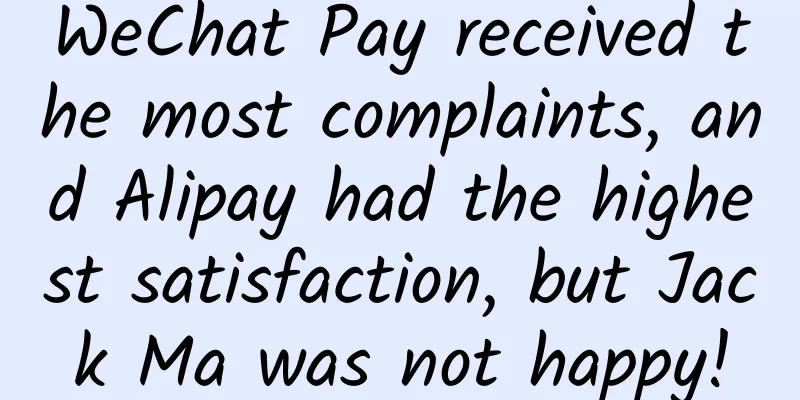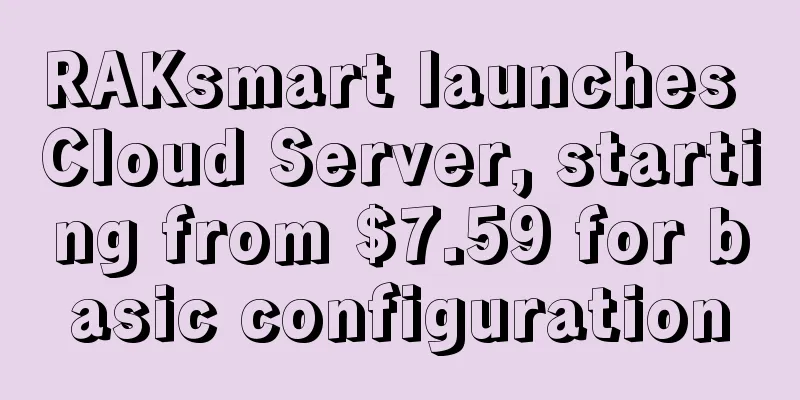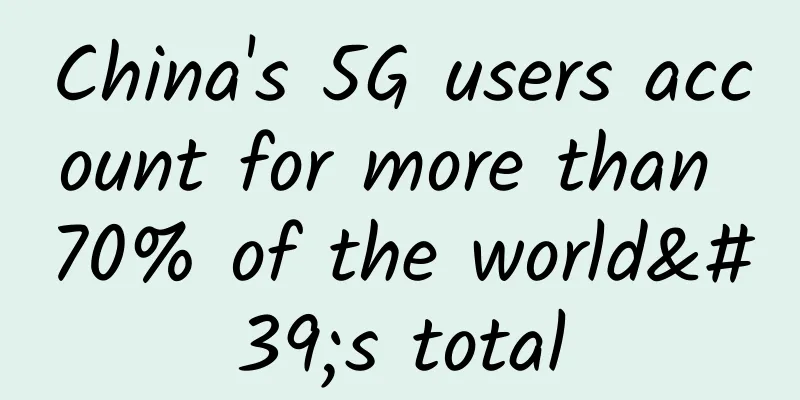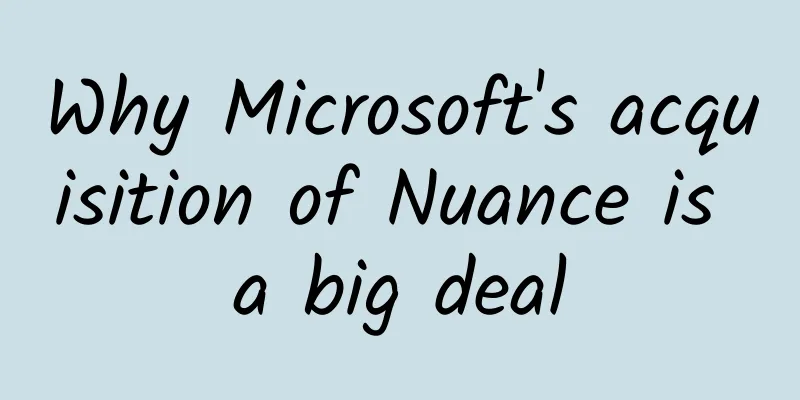Blockchain technology will change the world in these four ways
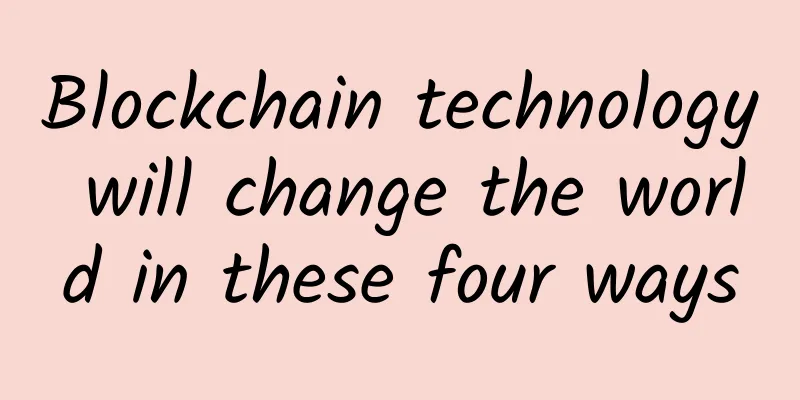
|
As the underlying technology of Bitcoin, blockchain technology, a distributed public database used for Bitcoin transactions, has begun to appear in the spotlight in recent years, allowing blockchain technology to realize some important functions beyond Bitcoin. So what are the four unexpected ways that blockchain technology is changing the world? Let’s discuss it with the editor! Distributed cloud storage Blockchain technology has been manipulated to store information in a non-standard way. One niche storage trick is to send a small amount of Bitcoin to an address that represents information when converted to Unicode format. For example, the above image of Nelson Mandela is recorded in this transaction. Beyond the interest of technologists, blockchain technology for data storage could be disruptive. Current cloud storage services are centralized, so users have to place their trust in a single storage provider. With blockchain technology, this can be decentralized. For example, 8btc is beta testing cloud storage using a blockchain technology-powered network to improve security and reduce dependencies. Additionally, users can rent excess storage capacity, Airbnb style, creating new markets. Simply using excess hard drive space, users can store 300 times more than traditional cloud storage. Considering that the world spends $22 billion on cloud storage alone, this could open up a revenue stream for the average user while significantly reducing the cost of storing data for companies and individual users. Unbreakable Contract Smart contracts are self-executing or self-enforcing contracts. The role of blockchain technology in contracts is to replace the third parties needed to resolve legal disputes. Known as "smart properties" or "colored coins," tokens can be used to represent any asset from inventory to cars. When trading these assets, the ability to force the transfer of ownership could create "unbreakable" contracts. For example, suppose a red widget factory receives an order from a new customer to produce 100 of a new type of blue widget. This requires the factory to invest in a new machine, and they will only recoup this investment if the customer follows through with the order. Rather than trusting customers or hiring expensive lawyers, the company could create a smart property with a self-executing contract. Such a contract might look like this: For each blue widget, each item is transferred from the customer’s bank account to the factory’s bank account. Not only does this eliminate the need for a deposit or escrow — which removes the need for trust in a third party — the customer is protected from the factory’s shortfalls. While this is still theoretical, platforms like Escherichia are bringing smart contracts closer to reality. Additionally, because data stored on a blockchain cannot be tampered with, basic contracts (such as marriage) are already recorded in code. Patent End Unlike smart contract platforms, ProofOfExistence.com (PoE) has launched basic legal services that can be used today. As one of the first non-financial uses of blockchain technology, PoE stores encrypted information on blockchain technology. This allows non-fungible transaction hashes to be associated with unique documents stored in the block chain. The biggest use case is in place of patents. A company like Apple may want to prove that it created a technology at a certain time without having to file a public patent. If anyone challenges the ownership of the technology, it could then reveal internal documents associated with the transaction hash, proving that it existed at the date specified by the blockchain technology. PoE may be one of the few working use cases for blockchain technology, but founder Manuel Araoz told me, “I expect to see many new applications that take advantage of the non-financial decentralized consensus platform that Bitcoin provided in 2015.” Electronic voting Automation of counting paper votes is a no-brainer for cost, time and precision improvements. However, previous systems have been fraught with technical issues. The main problem was the inability to verify the accuracy of the machines during the recount process and being a prime target for hackers. It’s not surprising that political parties have turned to blockchain technology for internal voting. Blockchain technology is a secure network because each transaction is encrypted with a hash that is used to verify subsequent hashes. In simple terms, this means that before a vote is cast, it would take millions of votes to change a single vote. The network is protected by the simple fact that a hacker does not have enough computing power to rewrite that many votes quickly. In fact, a hacker would actually need more computing power than over 500 supercomputers, times more than 256. In terms of accuracy, the pseudonymous nature of blockchain technology allows each vote to be shared publicly without identifying the voter. |
>>: What you don’t know about blockchain is quietly subverting banks, BAT
Recommend
Liu Pingyang of Youpaiyun: The whole industry releases the charm of CDN and the live broadcast market accelerates again
[51CTO.com original article] The interview with L...
edgeNAT is 30% off on Double 11, and you can apply for 50% off when you top up 500 yuan. Hong Kong/Korea/US CN2 is available
edgeNAT is a Chinese VPS host established in 2019...
How to redirect HTTP to HTTPS in Nginx
Nginx, pronounced "Engine x", is a free...
Using Jenkins to create continuous integration for microservice applications
Experience Overview This scenario guides you to d...
5G messaging is about to be commercialized, and China Mobile plans to purchase technical support services
According to Zhongguancun Online, a "Notice ...
Front-end 100 Questions: The Seven-layer Network Model and the Evolution of HTTP
[[414626]] 1. Network Architecture There are many...
Reconnect the campus network after it is disconnected. Use crawlers to fix it!
[[433698]] Preface Hello, everyone. I am Dasai Ge...
RackNerd: KVM starts at $9.49 per year, Intel or AMD Ryzen, multiple data centers in Los Angeles/Seattle/San Jose, etc.
RackNerd is a foreign hosting company founded in ...
5G mobile phones are coming! Who will be the next Nokia?
"With 43 million analog mobile phone users, ...
Revolutionizing Connectivity: Benefits of Power over Ethernet Solutions
Revolutionizing Connectivity: The Untold Benefits...
What will 5G technology bring to the three major operators?
Recently, against the backdrop of ZTE being sanct...
What are the highlights of the communications industry in 2022?
This article is reprinted from the WeChat public ...
5G is here: Will 4G soon be relegated to the sidelines?
Will 4G, which once brought prosperity to the mob...
A brief analysis of the integration solution of Hyperscan in nDPI
Labs Guide Hyperscan is a high-performance regula...
In-depth analysis of the seven major communication protocols of IOT
In the Internet of Things protocol, it is general...

